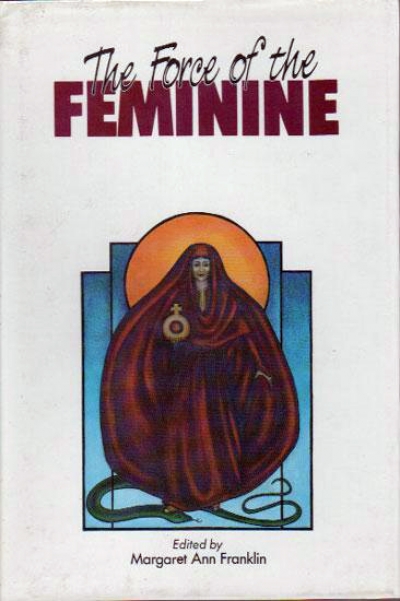Archive
Imagine me, myself, ten years on, a survivor of what is amusingly called ‘retirement’, though it will have been a matter of movement into rather than out of work. Let me, in short, give the four-day forecast; no weatherman will venture on the fifth, even to enforce the kind of superstition I am practising in these lines. Let us say the verbal magic works, and I reach seventy. What can I say now by way of analysing the character which I now confront in the time scale of then, across the years of future toil? Let me speak to that self in tones of restrained intimacy; restrained, because he frightens me a little.
... (read more)Room Service: Comic writings of Frank Moorhouse by Frank Moorhouse
Boss of the Pool by Robin Klein & The Princess Who Hated It by Robin Klein
Melbourne, which has somehow appropriated for itself the reputation of being the first Australian city of ‘thought’, has become the last major city in this country to host a large-scale writer’s week. Well, we now have one and it’s called the Melbourne Writers’ Festival, and it is currently being staged.
... (read more)









